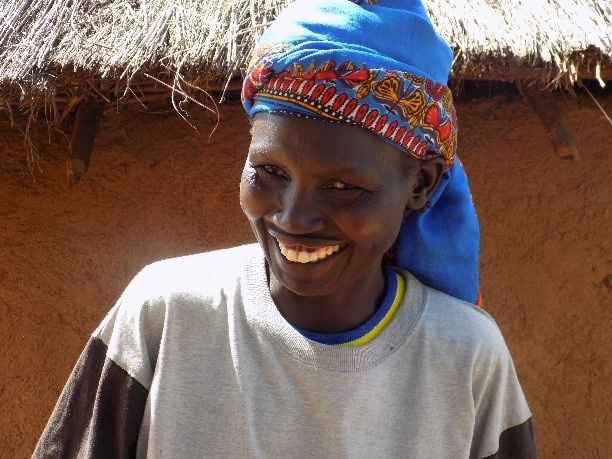
ACDI/VOCA implements the USAID-funded Resilience through Wealth, Agriculture, and Nutrition (RWANU) project in northern Uganda. In May 2015, RWANU staff trained residents of Apeikar village in the construction and maintenance of latrines. The project also provided the village’s health management committee with a tool kit including a spade, a hoe, a metallic pail, and nylon string to construct latrines.
Before RWANA began its activities in Apeikar, village health team member Anna Cheptakar and others worried about the rampant spread of water- and sanitation-related diseases, including widespread diarrhea among children. On several occasions, Anna and her fellow health team members had been trained by the county government on the importance of latrines. However, the village health team had not received practical training on how to build a latrine. Without latrines, the people in Anna’s village used bushes to relieve themselves, which led to persistent health problems.
Anna explains:
“After the [RWANU] training, I rushed to build my latrine because I now knew what to do. I had wanted a latrine for a long time but lacked the knowledge to build it.” She adds that, “since I put up the latrine, my children have stopped falling sick from diarrhea.”

Anna also has a tippy tap, an effective, low-cost hand-washing station that helps Anna and her family maintain proper hygiene. In addition to educating her family members on proper latrine use, Anna has helped her neighbors and other village residents to construct latrines and tippy taps for their homes.
In May 2016, after months of community-led sanitation efforts, the Ugandan Ministries of Health and Water and Environment declared Apeikar to be open-defecation free. Thanks to RWANU’s assistance, the community has constructed 27 latrines—one per home.








